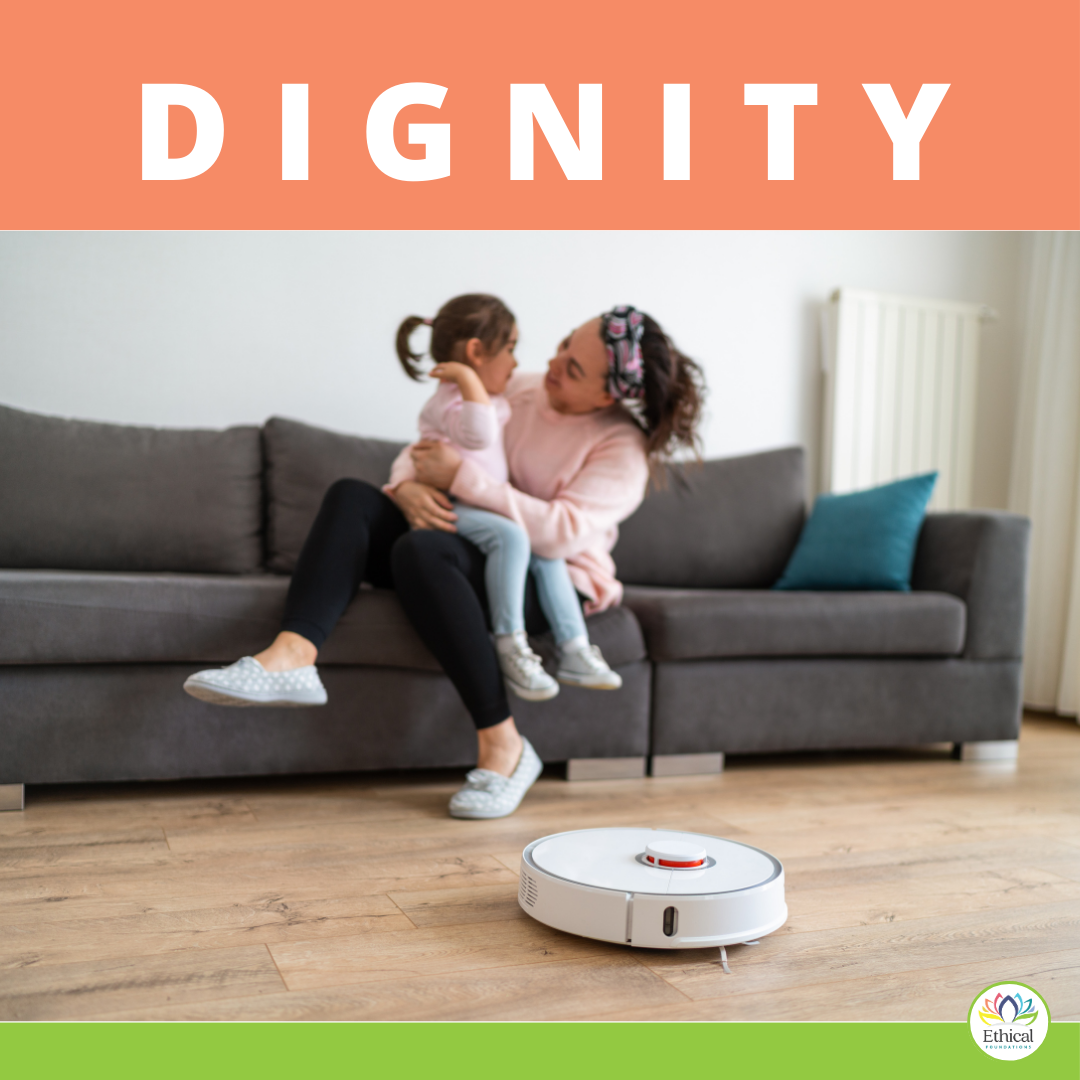01 Apr DIGNITY
Dignity is a word children don’t hear often from parents, but it’s vital in today’s world.
Because teaching kids about dignity matters as it impacts how they view themselves and treat others.
Treat your child with respect and teach them to treat others the same way. Let them know this principle.
Help them understand what respect looks like at different stages of life.
As your child learns about these weekly character traits, they will make decisions based on these values.
Additionally, they discover what they value most in themselves and others.
In today’s world it is essential that your child learn to like themselves.
Liking themselves contributes positively to their mental health and wellbeing.
Too many kids and adults place their self-worth in other people’s thoughts and opinions.
You want your child to know who they are and what they stand for.
Teach them to be leaders, not followers.
Furthermore, help your child learn how to confidently say ‘no’.
They will encounter situations where others may encourage them to do things that could affect their sense of dignity.
Consequently, standing up for their values happens when someone is clear and confident about their sense of dignity and integrity.
Also, establishing and maintaining ethical foundations is crucial throughout childhood, adolescence, and adulthood.
Personal awareness and development occur throughout life.
The more aware we are of ourselves and what we stand for, the more confident we are within ourselves.
Although as a child, I used to think that all adults had it together, but as I’ve grown older and wiser, I realise how wrong I was.
This situation has an apt saying: ‘Age is mandatory, wisdom optional.’
I have no idea who said that, but Walt Disney said something similar: ‘Growing old is mandatory, growing up is optional.’
Either way, the adage ‘with age comes wisdom’ doesn’t ring true for everyone.
As your child learns about dignity and what it looks and feels like, they learn to appreciate and celebrate cultural and religious differences in people.
All the little things accumulate – learning to treat people inclusively, respecting their preferences and sharing belongings by giving and taking.
Your child will discover their sense of dignity through daily interactions.
Standing up for their beliefs becomes easier when their mind is clear and confident regarding their dignity.
Moreover, as individuals discover their own sense of right and wrong, they become empowered to speak up against injustice.
Additionally, thousands of thoughts traverse our minds daily, shaping the small, everyday decisions that children make.
Overall, when a child has a firm understanding of dignity and its significance, it is less likely to be violated.
Nobody can persuade a child, or a person, to do something that doesn’t feel right to their sense of respect and honour.

- Trish
- April 1, 2024
- 6:33 am

Sorry, the comment form is closed at this time.